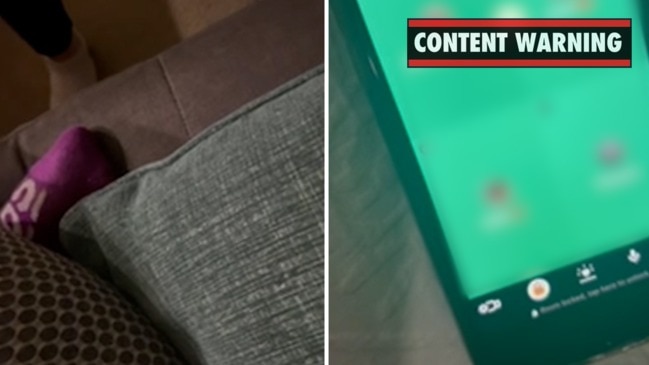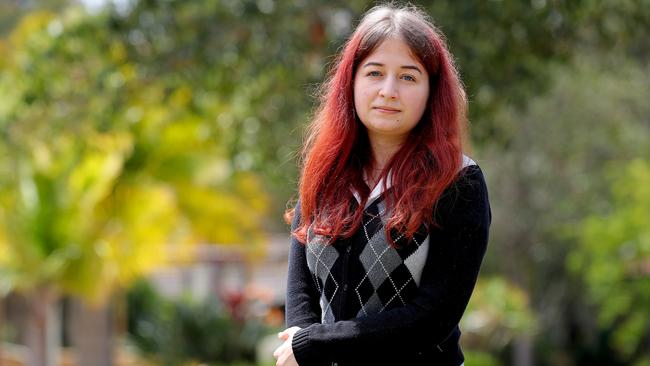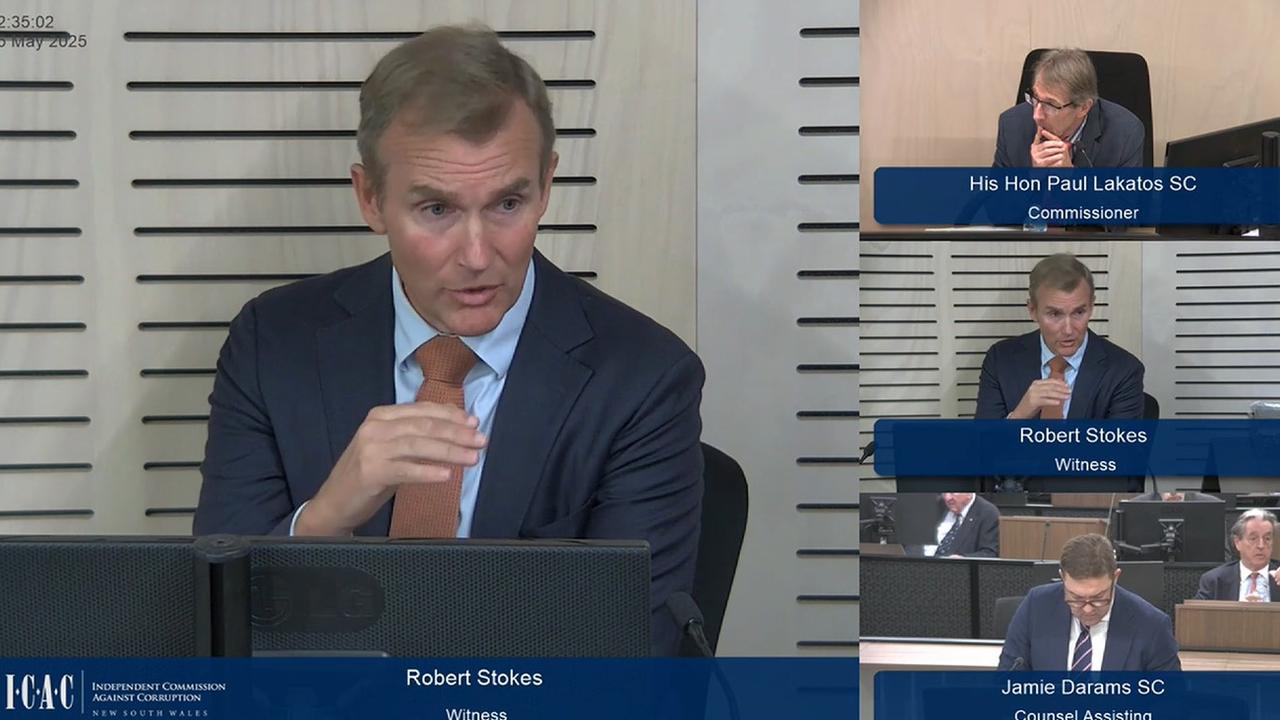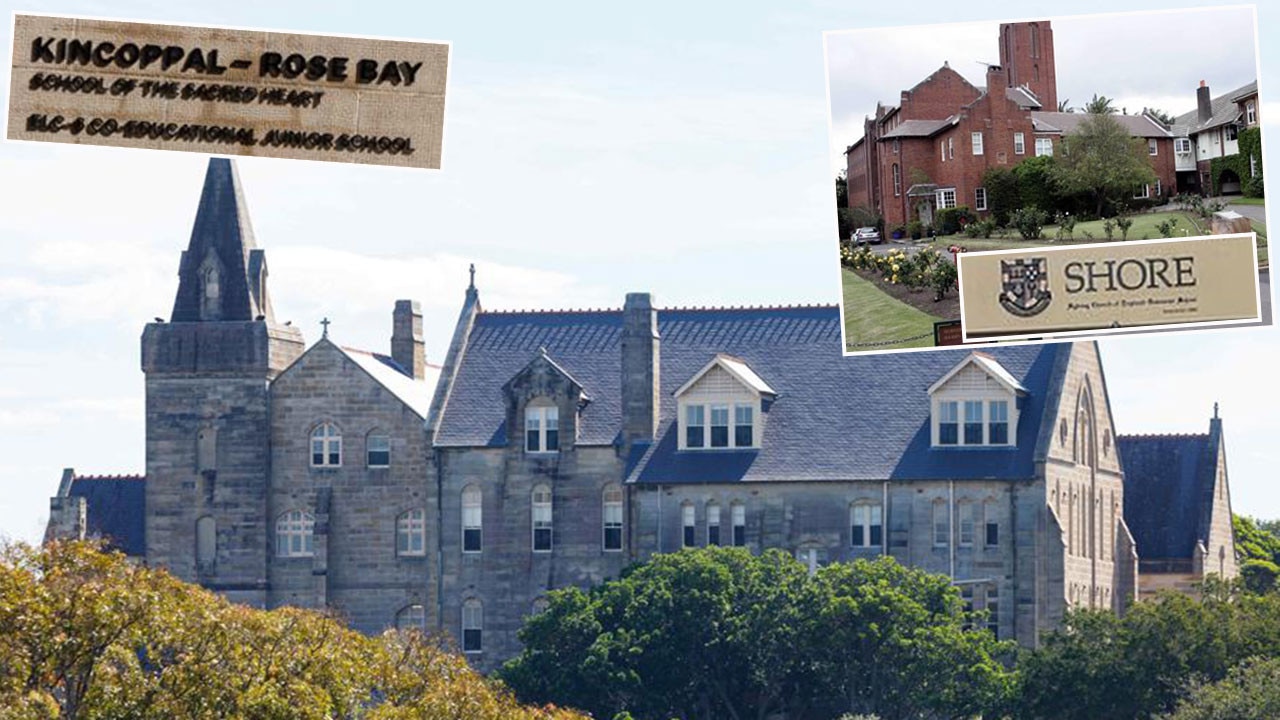Schoolgirl bashings blamed on reality TV, social media
Attacks by female students have increased by 4.6 per cent year-on-year in the past two decades, hitting a record high of 243 this past year.

Education
Don't miss out on the headlines from Education. Followed categories will be added to My News.
Social media and reality TV shows have been blamed for a disturbing spike in violent attacks by schoolgirls, with the number of bashings committed at NSW public schools hitting a 20-year high.
There were 1794 school assaults in the 12 months to June this year, data from the Bureau of Crime Statistics and Research shows.
Attacks by female students have increased by 4.6 per cent year-on-year over the past two decades, hitting a record high of 243 this past year.
Male offenders still account for the vast majority of school assaults, but their rates have remained stable over the past 20 years.

NSW Secondary Principals’ Council president Craig Petersen said he believed the surge in violence reflected the deteriorating mental health of teenage girls due to social media use.
Additionally, he said a breaking down of gender barriers had meant that bullying was now bubbling over into attacks.
“Traditionally (violence) is something you didn’t necessarily expect of girls, but now that doesn’t seem to be so much the case,” he said.
“As a broad generalisation, boys can escalate very quickly, but then de-escalate and resolve the issue; two boys will have a fight and shake hands.
“For girls it is a different pattern of behaviour; often a violent episode might be the build up over time of a whole series of incidents.”
Child psychologist Michael Carr-Gregg said lockdown may have also contributed to the number of vicious attacks as many kids had struggled to deal with being separated from peers, along with other issues like domestic violence.
“I think that a lot of kids have been under a lot of psychological stress and this might be a manifestation of it,” he said.
“We know that domestic violence is rampant at the moment; if there is one key cause it is that and parental modelling.”

Founder of mental health organisation Beautiful Minds Marina Passalaris said popular reality TV programs like The Bachelor sent the wrong message to young girls.
“I put the blame on reality television shows. It is normalised to attack other women and they are always going after the prize, which is the men,” she said.
Former Blaxland High student Sophie Aitchison, 21, was violently attacked by another girl within weeks of starting Year 7.
“My first memory … (was) when I got slapped in the face and pushed down the stairs,” she said.
“I hoped for a fresh start every single year, but as people got more involved in social media or saw how other girls behaved on television, they changed their behaviour and how they treated other people.”
A Department of Education spokeswoman said the school now had a student support officer and a head teacher of wellbeing.
Education Minister Sarah Mitchell said schools were statistically one of the safest places to be.
“I can only urge young people to be respectful to one another and to remember social media and reality TV is not reality. Emulate real heroes, not influencers,” she said.




